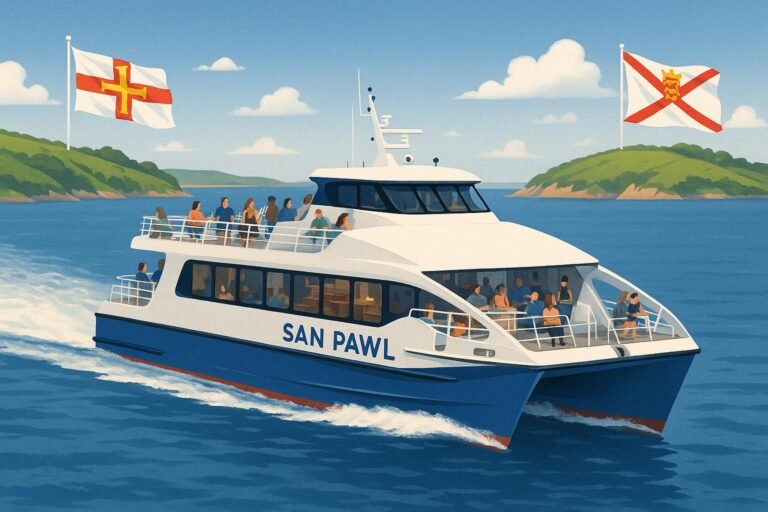Aurigny’s Strategic Fleet Overhaul: Balancing Efficiency and Sustainability in Channel Islands Aviation
In a significant operational shift, Aurigny, Guernsey’s state-owned airline, is preparing to replace its existing Dornier 228 fleet with leased Twin Otter aircraft for Alderney routes. This strategic decision emerges from a complex interplay of financial, operational, and environmental considerations that reflect the challenging landscape of regional aviation.
Financial Pragmatism Drives Change
The primary motivation behind the fleet transformation is economic. By leasing Twin Otters, Aurigny can significantly reduce maintenance costs and operational complexity. Deputy Peter Roffey highlighted the potential for substantial financial savings, as the leasing arrangement transfers maintenance responsibilities to third-party owners. This approach allows the airline to streamline its operations, focusing resources on its core ATR fleet.
The proposed strategy includes potentially acquiring a third standby aircraft, which would enhance operational resilience and improve critical services like medevac operations. Such flexibility could prove crucial for maintaining consistent passenger services in an inherently challenging regional aviation market.
Sustainability at the Forefront
Coinciding with global environmental pressures, the fleet change aligns with emerging sustainability initiatives in the Channel Islands. The recent introduction of a Sustainable Aviation Fuel Certificate (SAFc) Book and Claim scheme demonstrates a regional commitment to reducing carbon emissions, even when direct sustainable aviation fuel implementation remains challenging.
The smaller Twin Otter aircraft potentially offer improved fuel efficiency for short-route operations, representing a modest but meaningful step toward reducing the airline’s environmental footprint. This approach reflects a pragmatic approach to sustainability—making incremental improvements within practical constraints.
Navigating Institutional Challenges
The proposed transition is not without significant hurdles. Approval from Guernsey’s States Trading Supervisory Board and Policy & Resources Committee remains pending. Ongoing debates about Alderney’s infrastructure, particularly runway upgrades, introduce additional complexity to the strategic planning process.
Past infrastructure projects have been characterized by delays and cost overruns, creating uncertainty around long-term aviation development in the region. Aurigny’s fleet strategy must therefore navigate these institutional challenges while maintaining operational effectiveness.
A Balanced Perspective
Aurigny’s fleet transformation represents more than a simple equipment replacement. It embodies a nuanced approach to regional aviation—balancing financial prudence, operational reliability, and emerging environmental responsibilities.
The success of this initiative will ultimately be measured not just by immediate cost savings, but by its ability to maintain critical transportation links, adapt to evolving technological and environmental standards, and serve the broader community needs of the Channel Islands.
As regional airlines worldwide grapple with similar challenges, Aurigny’s approach offers insights into the delicate balance between economic sustainability and environmental responsibility in niche aviation markets.





